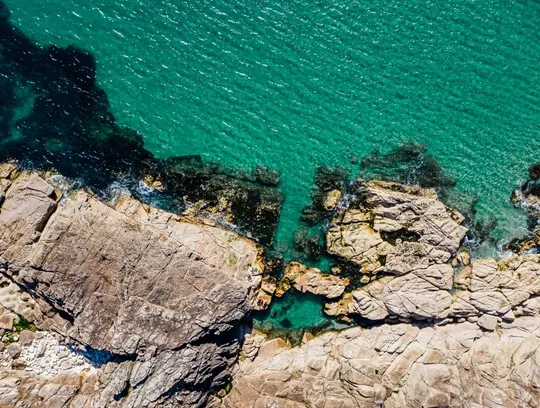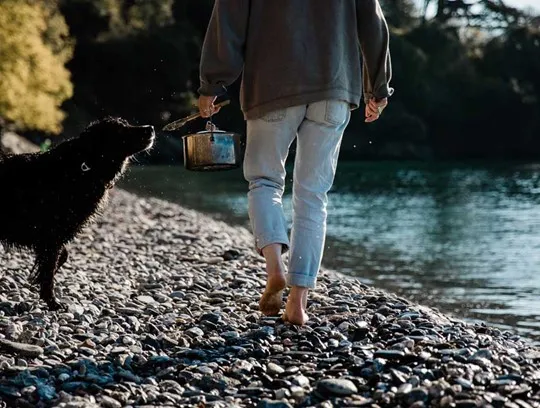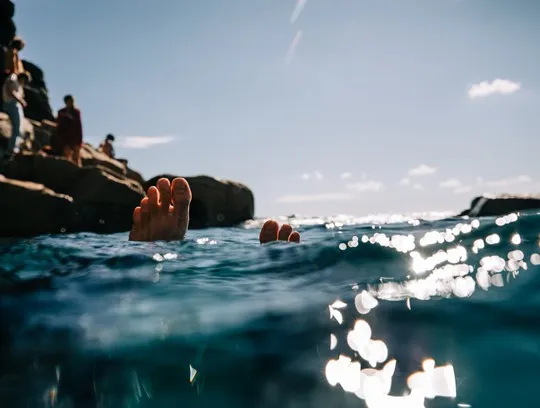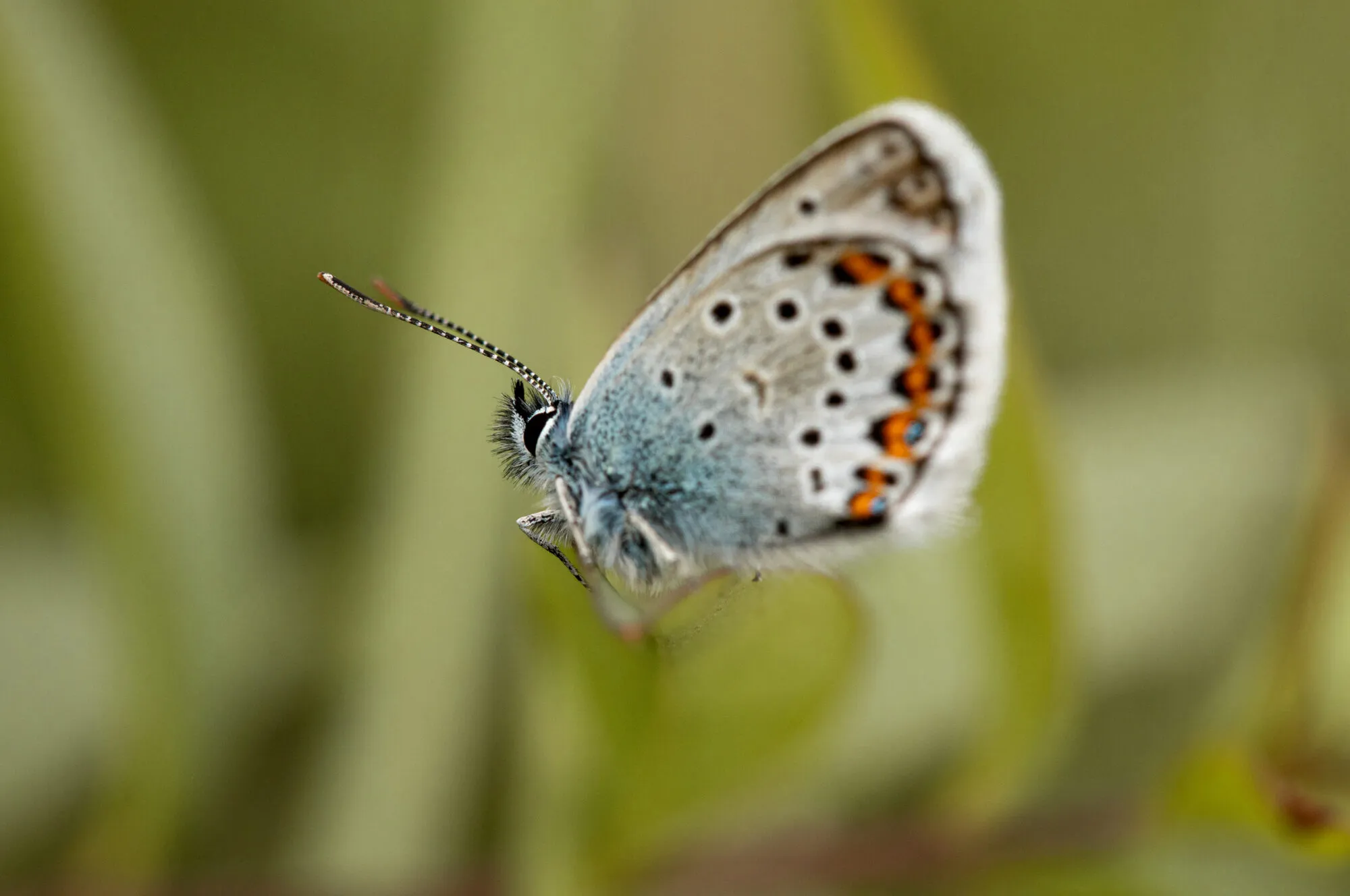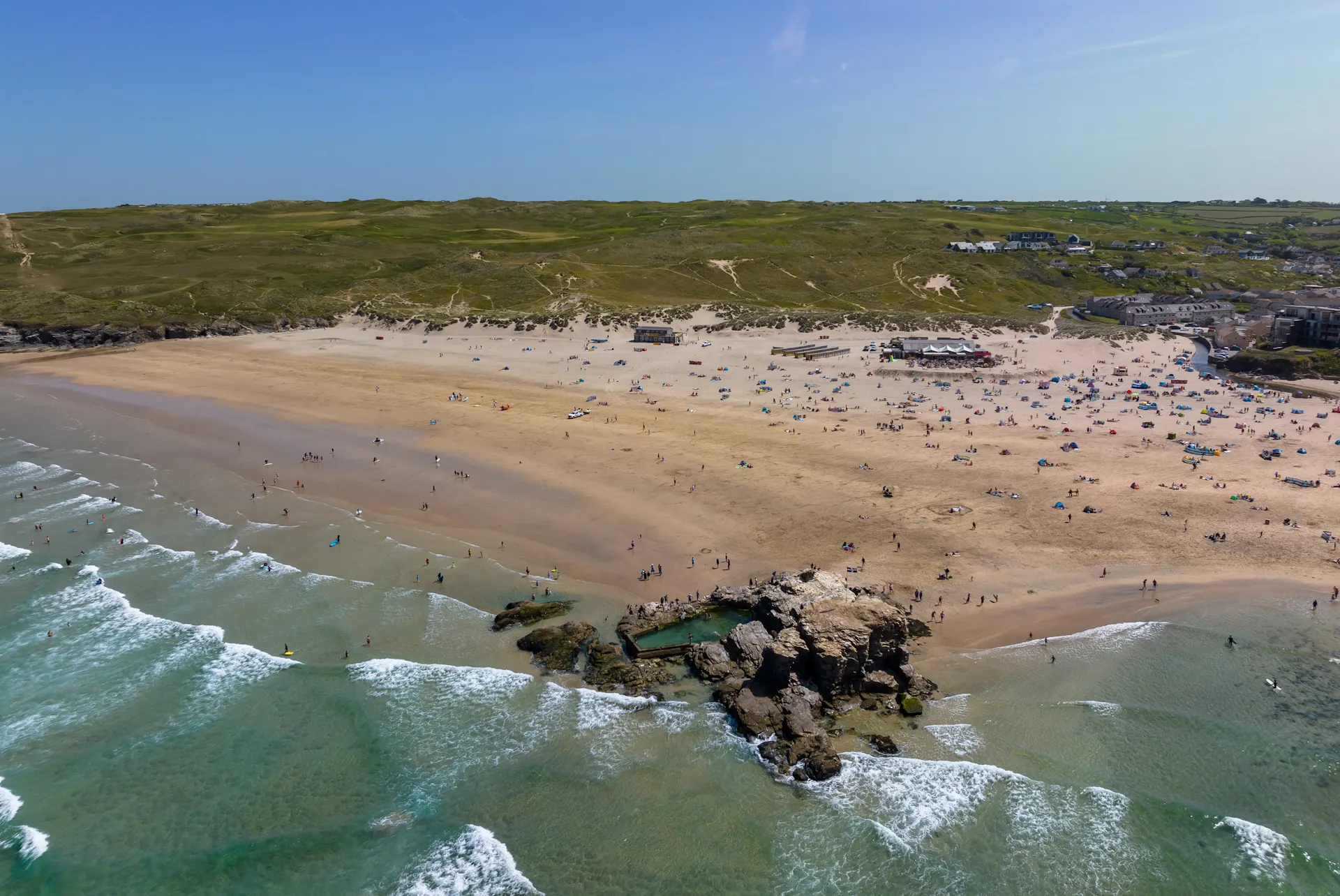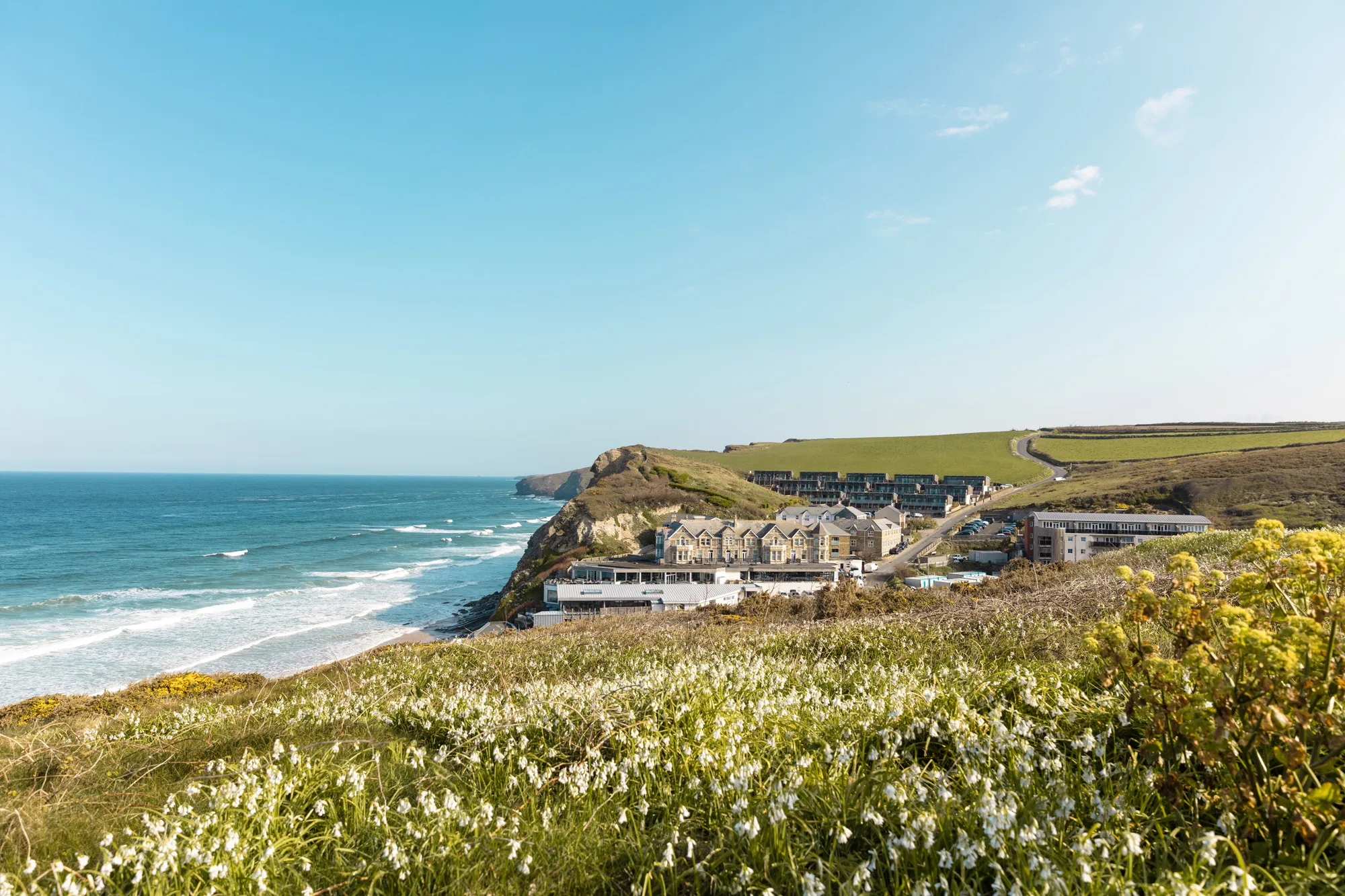Home / Escape to the sea
Escape to the sea
12th July 2021
ESCAPE TO THE SEA
Think of yourself as a thalassophile? If you relish the calm of a secluded cove or crave the adrenalin rush of roaring surf, then, whether you know it or not, you are one.
Derived from the Greek thalassa, meaning sea, and philein, meaning ‘to love’, a thalassophile is someone who feels a connection with the ocean.
Interested in staying in our most luxurious holiday cottages? Check out our luxury coastal cottages.
As an island nation nibbled by hungry tides, our natural bond with our watery border is strong.
“Being British comes with a catalogue of sea-themed clichés,” writes Charlotte Runcie in her book, Salt on Your Tongue. “Fish and chips on the beach, or in the car while the rain pelts down, ‘Rule, Britannia!’ at the BBC Proms, the shipping forecast playing out over and over.”
The mystical pull of the sea is universal. Children lift a conch to their ear to listen out for the ghostly whooshing of waves. Adults, weathered by life’s storms, find comfort in the shock of a bracing dip.
But the therapeutic benefits of blue spaces go beyond hearsay. From higher dopamine levels to reduced anxiety, closeness to water is associated with greater wellbeing. In a study on happiness in different natural environments, coastal areas came out top.
Want to stay near several beaches? Have a look at our luxury holiday cottages in Fistral, a next to Fistral Beach, and a short drive from Porth, Watergate Bay and Crantock Beaches.
Focusing on the ebb and flow seems to have a mindful, meditative effect. By immersing ourselves in the elemental force of the sea, we access a restorative cognitive state.
Discover the best ways to celebrate by the sea with unforgettable coastal experiences.
Dr. Catherine Kelly, author of Blue Spaces: How and Why Water Makes Us Feel Better says in The Guardian that “the sea is synonymous with letting go. It could be lying on a beach or somebody handing you a cocktail. For somebody else, it could be a wild, empty coast. But there is this really human sense of: ‘Oh, look, there’s the sea’ – and the shoulders drop.”
Not just a balm for the senses, the sea is essential to life on earth. It’s said that every second breath we take comes from the ocean, and that the ocean is the thermostat of the global climate system. But with climate change, overfishing, deep-sea mining and plastic pollution threatening to destroy the blue planet and drive species to extinction, experts warn that we must act now to protect our future.
So, we’re diving into the wonders of the ocean with eyes wide open – revealing the hidden Cornish coves, asking how we can eat more sustainable seafood and discovering what we can do to reduce ocean pollution. Join us as we #escapetothesea…
